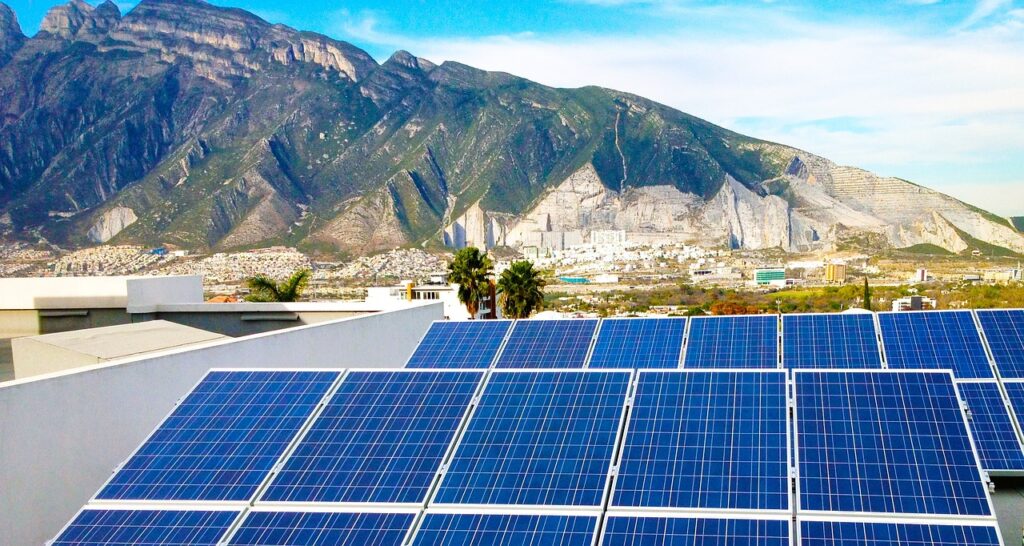Financing your solar panels can be a smart investment in the long run because it can lead to lower energy bills and potentially generate income through net metering or solar renewable energy credits (SRECs).
Here’s a more specific breakdown of what you can do:
Federal Investment Tax Credit (ITC)
The Federal Investment Tax Credit (ITC), commonly referred to as the federal solar tax credit, allows you to offset 30 percent of your solar energy system’s expenses as a credit against your federal tax liability. This generous 30 percent tax credit is set to remain in effect until 2033, at which point it will reduce to 26 percent.
State and Local Incentives
Many states and local governments offer additional incentives, such as rebates, grants, or tax credits, to encourage solar installations. These incentives can vary widely by location, so be sure to check what’s available in your area. The Database of State Incentives for Renewables and Efficiency (DSIRE) is a helpful resource for finding state-specific incentives.
Solar Loans
Several financial institutions and organizations offer solar-specific loans tailored to your needs. These loans often come with competitive interest rates and terms designed for solar installations.
Solar Leases and Power Purchase Agreements (PPAs)
While not as financially rewarding as purchasing the system outright, solar leases and PPAs are still options in the U.S. These arrangements allow you to benefit from solar power without the upfront ownership costs. Be aware that the terms and financial benefits can vary between providers.
Property Assessed Clean Energy (PACE) Financing
PACE programs are available in some areas, allowing you to finance solar installations through property tax assessments over an extended period. The eligibility and terms for PACE financing can vary depending on your locality.
Energy-Efficient Mortgages
You can inquire with mortgage lenders about energy-efficient mortgages (EEMs), which can include the cost of solar panels in your mortgage loan. This can spread the cost of your solar installation over the life of your mortgage.
Solar Renewable Energy Credits (SRECs)
In some states, you can earn SRECs by generating solar energy. These credits can be sold on the market, providing additional income over time.
Local Utility Programs
Some utility companies offer incentives, rebates, or special solar programs to encourage their customers to go solar. Check with your utility provider to see if they have any such offerings.
Crowdfunding or Group Purchasing
Some communities organize group purchasing programs or crowdfunding initiatives to make solar installations more affordable for residents. These programs leverage the collective buying power of a community to negotiate better prices with solar installers.
Personal Savings and Investments
If you have the financial means, you can use personal savings or investments to fund your solar panel installation. This approach allows you to maximize the long-term financial benefits of solar ownership.

